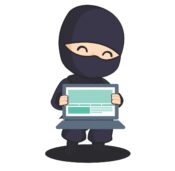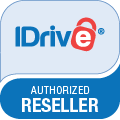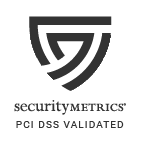What to know?
With the release of the new bill removing some internet privacy safeguards, this leaves users open to snooping and sale of private data by the internet service providers (ISP). The easiest way to secure your traffic from prying eyes is through use of a VPN, preferably one without logs (so no tracking is done). Personally, my favorite is AirVPN. It’s easy to use, they have a lot of servers and they are fast enough to keep up with streaming and downloading.
How does a VPN work?
A VPN is a virtual private network and sends all your traffic through a secure tunnel.
What does a VPN hide?
To the ISP, they can’t see what sites you are visiting. To the site you are visiting, they can’t see your real location.
Do I need a VPN? Who needs one?
Need, no. It really depends how privacy conscious you are. It’s going to come down to personal preference.
The one thing I’ve found them useful for is bypassing network restrictions, such as when traveling ot on public networks.
If you are traveling internationally a lot or on a lot of public networks, it’s not going to hurt, but it’s not necessary.
What VPN do you recommend?
My go to is Nord due to the no logging, price, speed and the fact Netflix works on it. Check out Nord via my code here.
Should I avoid doing online banking or anything like that without a VPN?
Definitely not. Banking sites and most reputable sites are going to use encryption to prevent spying eyes from seeing your info and logins. Just make sure to look for the HTTPS in the URL or the little lock in the upper left of Chrome saying Secure. If you’re on a public network connection, IE Starbucks. This is where you want to avoid any secure activities.
What if I don’t want to pay for a VPN?
If you don’t want to shell out the money for a vpn. Then you can do a little to protect your browsing habits at the very least. When you visit a website there’s a dns query done to find out how to lead you to that site. These queries are not usually encrypted, meaning your isp can see what site you’re going to. Using dnscrypt can help there. Then for the website itself, make sure it’s got the https so it’s an encrypted connection to the website.


